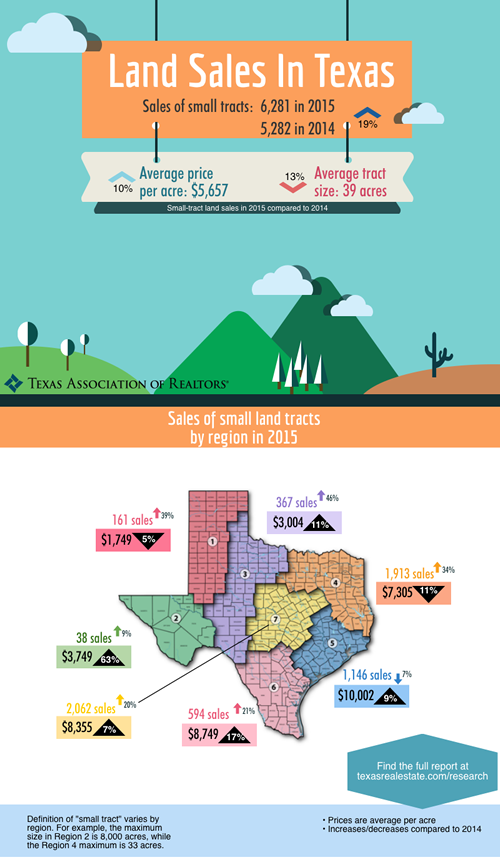In Lehman’s Terms
We hear it over and over: Washington is broken.
The phrase is especially popular every four years, when both major political parties host their national conventions to officially nominate their candidates for president and adopt their party platforms.
It’s always interesting to see the deep divisions that characterize both parties. However, I find it intriguing that inherently both platforms and major candidates seem to always agree on one thing: the political system in Washington, D.C., needs fixing.
Regardless of a candidate's party or whether that party is in or out of power, each candidate seems to rail against “the system,” calling it broken, bloated, and bureaucratically bankrupt.
A challenging time for legislation
Adding to the malaise, the government almost comes to a halt during this period, as Congress adjourns for the summer and lawmakers return to their districts to focus on their constituents and re-election.
So, what happens if you need to get something done in Washington, D.C., during this do-nothing period? Conventional wisdom and every legislative insider will say, “Nice try, but don’t waste your time or mine when nothing is going to pass.”
This is the situation REALTORS® found themselves in during the closing days of the 114th session of Congress.
Fighting for homebuyers this summer
Hard-fought legislation known as H.R. 3700, the Housing Opportunity through Modernization Act, was designed to make homeownership more accessible for many low-income and first-time homebuyers. The bill unanimously passed the House of Representatives in February, but was stalled in the U.S. Senate as lawmakers and special-interest groups attempted to add their less popular legislation to this bill.
So with only a few weeks left until the Senate recess, REALTORS® took matters into their own hands to get this bill out of Congress.
In less than one month, REALTORS® generated 139,660 supportive messages to members of the Senate. This included 13,973 calls, emails, and text messages to both Texas senators. Their message was clear: H.R. 3700 was too important to local economies and housing markets that are still trying to recover from recent economic downturns to become victim of insider power plays and manipulations.
The message was received loud and clear—the U.S. Senate unanimously passed the measure as one of its final actions before adjourning on July 15.
Make the call to make a difference
In Lehman's terms, the unanimous passage of H.R. 3700 is an example of what can be accomplished when individuals make their voices heard on Capitol Hill. Lawmakers are there to serve the public, and sometimes the public just needs to remind them of that … like almost 140,000 REALTORS® did over the last few weeks.
I believe the system works when citizens are willing to make the calls.
Mark Lehman is vice president of Governmental Affairs for the Texas Association of REALTORS®.
Source: Advice for Consumers RSS Feed

